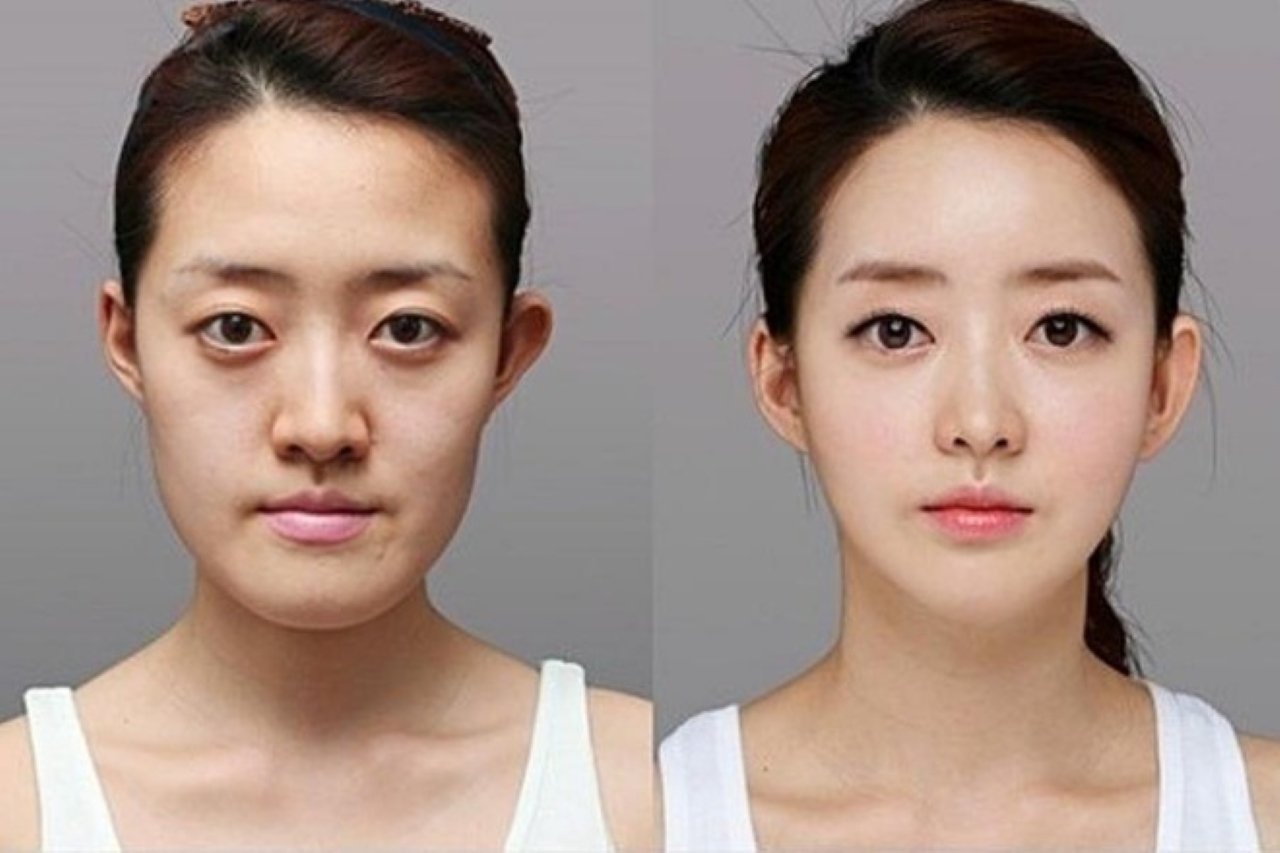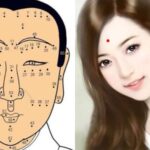Many plastic surgeons lack an understanding of physiognomy, and their perception of what constitutes “beauty” and “good fortune” in facial features may not align. As a result, they often focus on enhancing individual features to achieve a “beautiful” appearance, neglecting the concept of “good fortune” or auspiciousness.
The desire for physical attractiveness is universal and understandable, but it’s important to approach plastic surgery with caution. Many individuals undergo procedures to emulate their idols or celebrities without considering the unique genetic factors that influence their features. Our genetic makeup determines our bone structure and can indicate potential health risks or blessings.

Your facial features are a reflection of your genetic blueprint, and altering them significantly can disrupt your natural energy flow and, consequently, your destiny. Plastic surgery carries the risk of not only failing to achieve the desired aesthetic but also damaging one’s natural beauty, as we’ve seen in numerous unfortunate cases.
Some individuals spend vast sums of money on multiple procedures, often with unforeseen consequences. For some, the outcome is so detrimental that they feel their lives are ruined. Blindly pursuing plastic surgery can lead to lifelong regret and an unexpected shift in one’s destiny.
While some individuals may achieve their desired appearance through surgery, their fate may not align with their expectations. Numerous women have opted for nose jobs, only to experience marital issues or unexpected health problems afterward. In physiognomy, the nose is associated with marital harmony and health; altering it can inadvertently affect these aspects of life.
A common misconception is that a flat nose is unattractive, but in reality, such a feature on a woman is often a sign of a prosperous husband. By enhancing their noses, some women inadvertently reduce their husband’s fortune. This unintended consequence highlights the delicate balance of facial features and their impact on one’s life.
Life is a balance of yin and yang, and when you gain beauty in one aspect, you may lose a bit of fortune elsewhere. This trade-off is the essence of life’s equilibrium. You may achieve physical beauty, but it might come at the cost of a slight dip in your overall luck.
Some young women aspire for a pointed chin, akin to a drill bit, often referred to as a “drill face.” This preference is perplexing, as such a facial structure is generally considered unattractive and indicative of a challenging life. Men, in particular, often find this look off-putting.
If you have a broad chin, resist the urge to surgically narrow it. Doing so would transform a fortunate feature into one suggestive of hardship and poverty.
In physiognomy, a full forehead (heavenly palace) and a square, robust chin (earthly palace) are considered ideal. The chin, or earthly palace, governs one’s old age and signifies blessings and prosperity. A square and robust chin indicates a fortunate and secure old age. Conversely, a pointed chin suggests a lack of blessings and potential hardship in later years.
Wealthy or influential women, or those with prestigious husbands, often have square and robust chins. A pointed chin, on the other hand, is associated with meekness and cunning, and those with such features rarely meet a good end.
In the study of physiognomy, a pointed chin is considered a “flower-digging” feature, indicating potential marital issues and a lack of fortune for the husband. It is one of the least desirable facial features. Women should refrain from making choices that may bring them suffering.
By altering a fortunate feature, you risk transforming it into an unfortunate one. What you consider beautiful now may change as you mature and your perspective evolves. Reversing such procedures can be challenging, so it’s essential to make informed decisions and avoid impulsive choices that could lead to lifelong regret. *Disclaimer: This article is for reference only and should not be solely relied upon for decision-making.



































